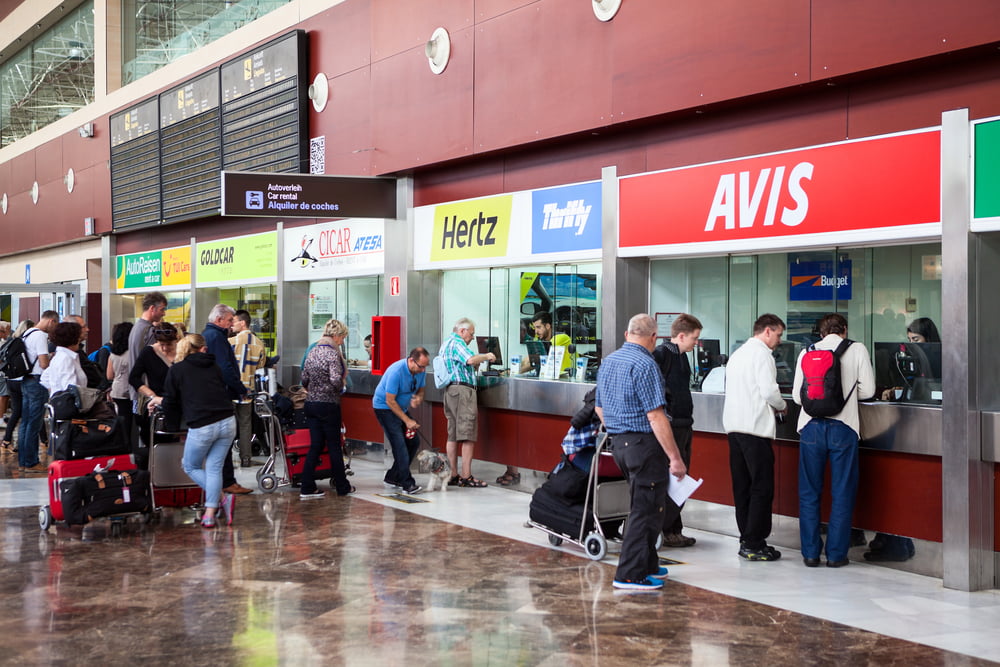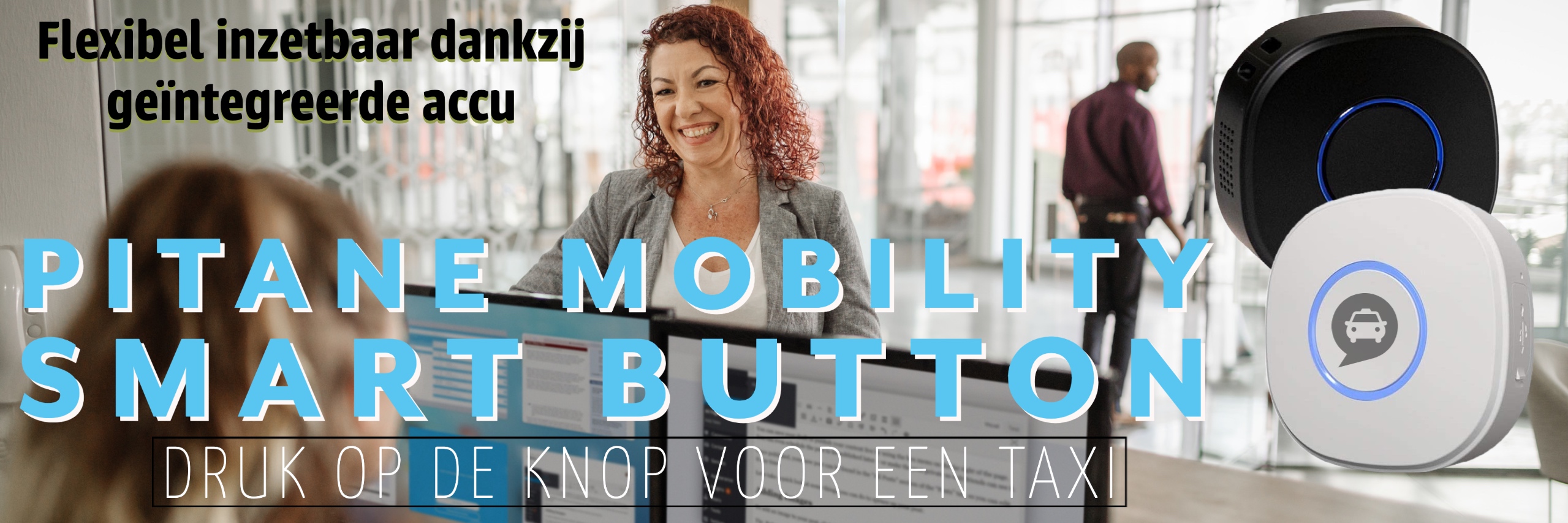Although the Netherlands is at the forefront of the approach, it is crucial that other countries also take steps to tackle this growing problem.
If you try to rent a luxury car abroad, you will not easily feel like a second-class citizen. But for the Dutch, that feeling can suddenly become reality. Proof? When I, as a Dutch journalist, wanted to rent a BMW from the renowned Sixt in Munich, it was made clear to me that one credit card was not enough. Two credit cards from different companies were required to simply pay the car deposit.
This is more than just a formality or a bureaucratic hurdle. It speaks of a deeply rooted mistrust of Dutch renters, especially when it comes to luxury or high-end vehicles. The motor vehicle rental market remains a worrying area for law enforcement across Europe. Recent research conducted by Bureau Beke has provided further insights into the phenomenon of criminals using rental vehicles for unlawful purposes.
Although the Netherlands has a pioneering role in tackling this issue, we can learn a lot from the practices and experiences of other countries. As the research showed, the United Kingdom, France, Belgium, Germany and Malta have taken specific measures or are developing policies to combat the criminal use of rental vehicles.
In 2019, Bureau Beke already signaled that criminals were systematically abusing rental vehicles. Outgoing Minister of Justice and Security, Dilan Yeşilgöz-Zegerius, then expressed the wish to tackle this issue more thoroughly. In the UK, for example, car rental companies are encouraged to cooperate with the police and share information about suspicious renters. In Germany, stricter identity and background checks are carried out before vehicles are rented out, especially for high-end cars.

It is crucial for the Netherlands and its partners in the EU to address this issue with urgency. This is not only about fighting crime, but also about restoring confidence in Dutch citizens on the European stage.
Remarkably, several German car rental companies began to be reluctant to rent out fast, luxury cars to the Dutch. Landlords gave reasons ranging from insurance issues to avoiding potentially “bad people”.
research
Bureau Beke has conducted additional research into tackling the criminal use of rental vehicles in other EU member states. The results point to an alarming trend that goes beyond the Dutch borders. Criminals travel easily across Europe in rented vehicles, often out of sight of the authorities.
Fortunately, there are technologies such as Automatic Number Plate Recognition (ANPR) that help police track and potentially intercept such vehicles. With this technology, vehicles known to criminals can be included in a system and tracked.
However, a worrying trend has also been observed where rogue car rental companies offer their services through social media platforms such as Instagram and Snapchat. This form of trading often falls outside the scope of traditional investigative methods.
At the international level, Dutch authorities are working with other European entities to address this issue. Yet the research reveals that only a handful of European countries have specific policies targeting the criminal use of rental vehicles.
approach
Unlike other European countries, where rental vehicles are mainly associated with terrorist attacks, the Netherlands has distinguished itself through a proactive approach. This can be attributed to the police's phenomenal approach, a strong tradition of public-private partnerships, and a holistic focus on both prevention and repression.
In conclusion, the use of rental vehicles for criminal purposes is an international problem that requires coordinated action. Although the Netherlands is at the forefront of the approach, it is crucial that other countries also take steps to tackle this growing problem. In addition, a central system or database could be created at EU level to share information on suspicious rental transactions and drivers. This would allow countries to respond more quickly to cross-border threats and work together to bring these criminals to justice.



